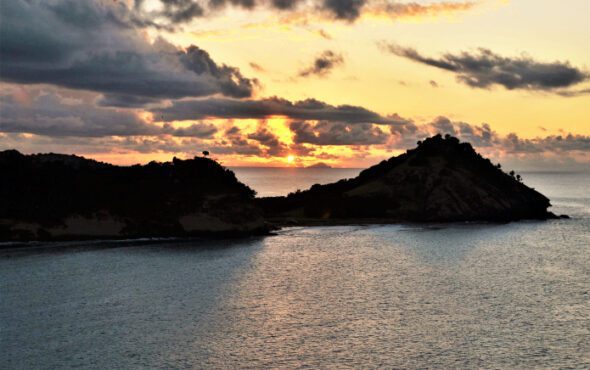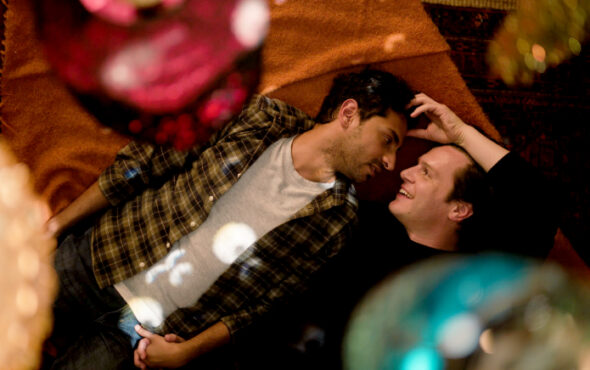
A Caribbean court has deemed a colonial-era gay sex ban to be unconstitutional.
The Eastern Caribbean Supreme Court, the superior court of record for six Caribbean states including Antigua and Barbuda and Saint Kitts and Nevis, found that “the selection of an intimate partner is a private and a personal choice”.
The court also ruled that Antigua and Barbuda’s 1995 Sexual Offenses Act “offends the right to liberty, protection of the law, freedom of expression, protection of personal privacy and protection from discrimination on the basis of sex”.
This comes after a gay man who worked for Antigua’s Ministry of Health challenged the law alongside a local anti-rape group after he claimed to have experienced discrimination at work.
The 1995 act, which had roots in British colonial-era legislation, criminalized acts of “buggery” and “serious indecency,” which were punishable by up to 15 years in prison.
Although there is little evidence of the law being enforced in recent years, UK based charity Human Dignity Trust, which challenges the criminalisation of homosexuality globally, called the very existence of the law “a violation of human rights”.
Kendra Placide, executive director of the Eastern Caribbean Alliance for Diversity and Equality, said laws like this “legitimise hate speech, discrimination, and violence and tears at the fabric of our society.”
High Court judge Marissa Robertson added, “The right to privacy extends beyond the right to be left alone and includes the concepts of dignity of the individual,” and the “right to develop and establish relationships with other human beings”.
While Téa Braun, Chief Executive of the Human Dignity Trust, also said: “After almost 150 years on the statute books, devastating countless LGBT lives in their wake, these colonial legacy laws have finally found their rightful place in the history books.”



